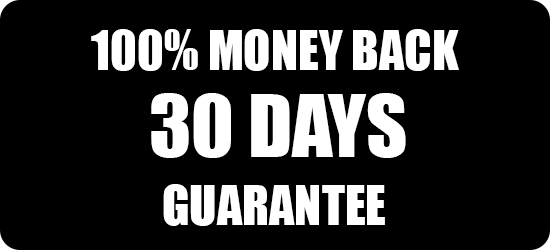Do you save your files in JPEG or TIFF?
Note: QOTDs (Questions Of The Day) are from our Facebook page. If you would like to submit a question, please click here to submit your question. We will then post them on our Facebook page and let our fans respond to the question. We will then transfer the question over to our blog so we can keep them in an organized way for others to see.
QOTD from Becky: " I would like to know if people save in jpeg or tiff and if they can see a difference in quality?"
Selena: Hey there, I ALWAYS shoot RAW+JPEG. JPEG files constantly lose small amounts of detail everytime they are opened, edited, moved from one location to the next, etc. You won't be able to see the difference right away but over time, that JPEG file will be bad. I always save in TIFF files and give my clients TIFF's as well. You don't want to give them JPEG files to be used on Facebook and have them look at the photos years later to see that they're not as high quailty as they once were. (Granted for this case I'm refering to the online image, not their hard copies.) TIFF's can be opened and re-used time and time again and will always stay in top quality; never loosing details or information. TIFF's are the way to go my friend! :)
Selena: I also really only ever export in JPEG format when sending proofs out to clients via email. ;)
Becky: How do your clients view the Tiff files?
Morgan: Jpeg. There is no quality difference. Just google myths about jpeg
Or....http://graphicssoft.about.com/od/digitalphotography/a/raworjpeg.htm Read #4
Yohan: Selena... Really? You think that jpeg loose quality if you move it around too often or it will deteriorate over time??? Well, first time I heard that and don't think it's valid info. If you can prove that, please post the link below.
Tiff is will be always better then jpegs end of story because there's less compression. You have more deph to play. If you have disk space go with TIFF.
Charity: I use TIFF while editing and then convert to JPEG when done.
Jfs Photoguy: A jpeg is what is called a lossy file structure...everytime that you open it and close it, send it to someone, and they send it back, or you edit it, close it, reopen it, close...etc...over time that Jpeg image will loose "information" within its file structure. A TIFF image is a less lossy file (not as bad as jpeg) BUT will over time lose information as well (just not as much, and not as fast)
Jfs Photoguy: If the data is stored as a JPEG file, it goes through the Bayer interpolation, is modified by in camera set parameters such as white balance, saturation, sharpness, contrast etc, is subject to JPEG compression and then stored. The advantage of saving JPEG data is that the file size is smaller and the file can be directly read by many programs or even sent directly to a printer. The disadvantage is that there is a quality loss, the amount of loss depending on how much compression is used. The more compression, the smaller the file but the lower the image quality. Lightly compressed JPEG files can save a significant amount of space and lose very little quality. For more on JPEG compression seehttp://www.photo.net/learn/jpeg/index.html
Belinda: There has always been arguments about jpeg losing quality etc etc. Same as the Nikon vs Canon argument. When shooting i use raw. When exporting/saving images i save in jpeg and my clients receive jpeg
Cortney: I always save my files as JPEG, but keep the RAW files handy, just because most of my clients won't know what a TIFF file is and I don't want them to have trouble opening/viewing the file. (I guarantee my photos for life, so if the quality is bad down the road, they can contact me and I will email them a new one if they have paid for a CD of images). I do agree, however, that a TIFF file is MUCH better as far as quality of photo over time goes.
Ashley: I save in both. Tiffs are better for printing
Christy: Jpeg. 30x40 prints look fine. No loss of info noticeable unless you open and resave hundreds of times. Tiff only if going very large and fine detail is very critical, such as commercial and advertising work.
Andrea: Hmmmm I'm reading all the comments and I did NOT have a good experience with printing a JPEG vs TIFF canvas
The jpeg's color was better and the TIFF seemed dingy and loss in vibrance? Am I missing something here?
Feel free to keep responding to this question using our comment section below.
Leave a comment
Comments will be approved before showing up.


